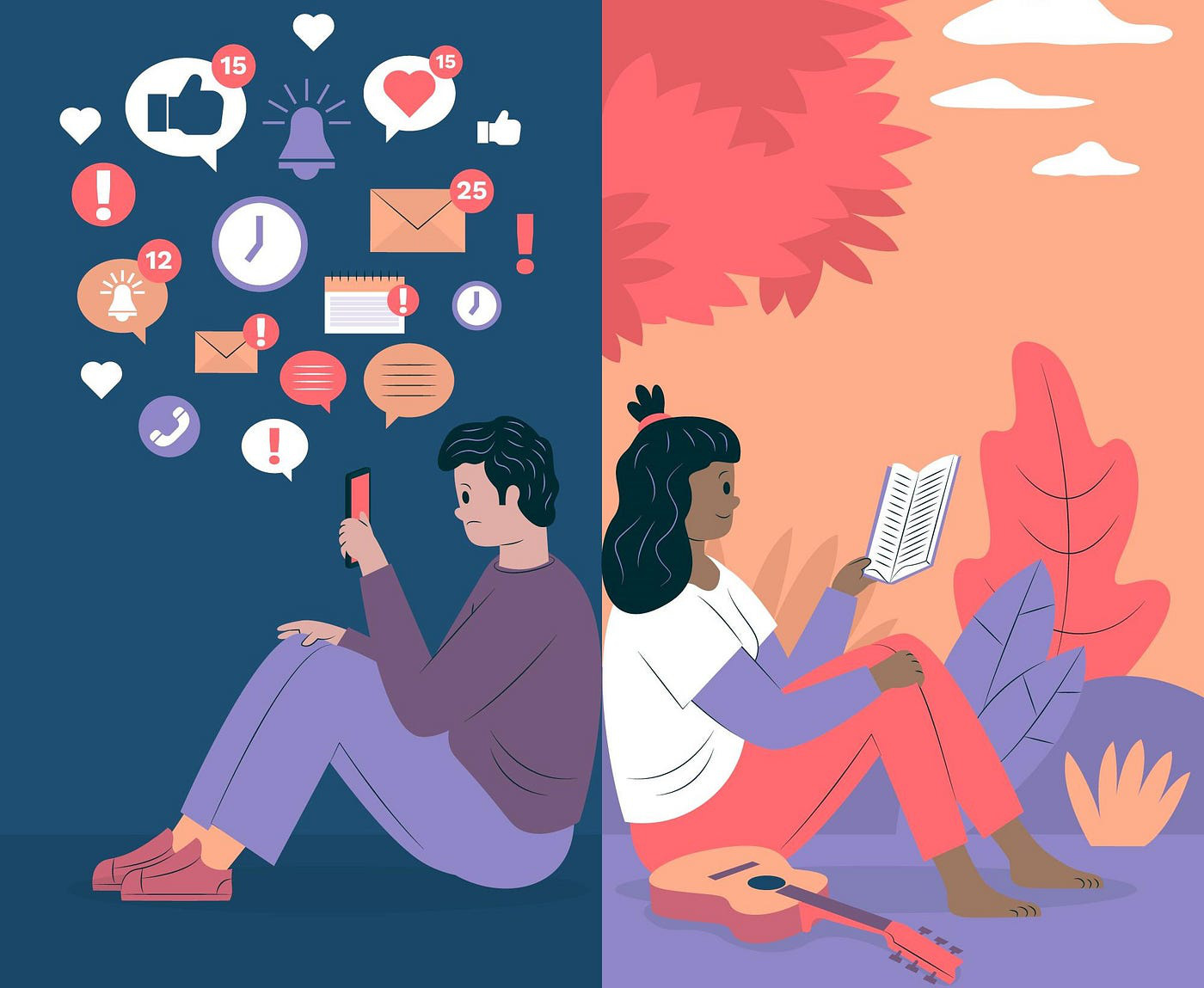
Research on JOMO (Joy of Missing Out) has only recently emerged and focuses on the impact of social media.
However, everyone can experience JOMO in their life by choosing the times we want to let go. JOMO can make us feel lighter because it helps us not care too much about other people.
Social media exacerbates FOMO
“JOMO makes us not only not afraid of missing something important, but actually enjoy the experience,” explains Tali Gazit, associate professor of information science at Israel’s Bar-Ilan University.
We are present here and now, enjoying what we are doing right now without looking left, looking right and being jealous or worried about missing something."
The fear of FOMO (Fear of Missing Out) is a social fear. Humans have had this problem since the realization of missed opportunities, unfulfilled joys, and the feeling of having to keep up with their peers.
However, the rise of social media has caused FOMO to arise in everyday consciousness and conversation.
FOMO existed before social media, but it wasn't a prominent part of our experience then, says Chris Barry, a psychology professor at Washington State University.
With the advent of social media, we constantly see the highlights of other people’s lives – and start comparing ourselves. Research shows that high levels of FOMO are associated with low self-esteem, lower life satisfaction, and more loneliness.
"We come into contact with many people whose stories we don't really know, but everything looks so wonderful in someone else's life experience"
Tali Gazit, associate professor of information science at Bar-Ilan University, Israel
The Happiness of Disconnection
On October 4, 2021, for a few hours, Facebook, Instagram, Messenger and WhatsApp stopped working, disrupting the lives of billions of people. But it was also a rare moment when people felt the joy of liberation.
The hiatus served as a natural and accidental experiment into how we feel when we’re away from social media. Most of the research has relied on asking people to cut back on their smartphone and computer use.
Gazit said the outage was frustrating for users, but researchers interested in human behavior saw it as a gift.
Two days after the participants stopped using the media, Gazit and colleagues asked 571 adults to complete a questionnaire assessing their feelings about the experience.
Initially, the researchers expected to see reports of stress and FOMO, which they had heard a lot about. FOMO was significantly correlated with people's stress and social media use.
Surprisingly, many people shared feelings of relief and joy at not being connected to social media or keeping up with the activities of others around them. Some even directly mentioned JOMO, which has been present in the community but not been thoroughly studied until recently.
"Most people really enjoy and concentrate on tasks like talking to partners, friends and doing things like cooking, playing sports ," said Associate Professor Gazit.
 Creating digital civilization trends
Creating digital civilization trendsSource














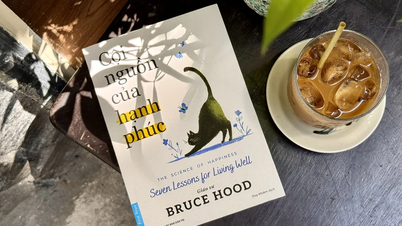

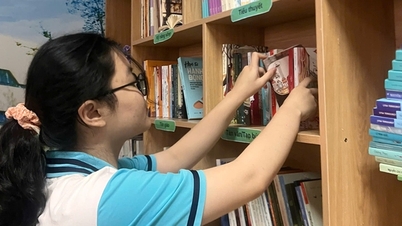








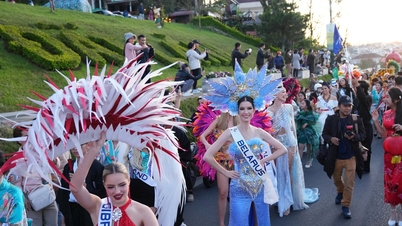






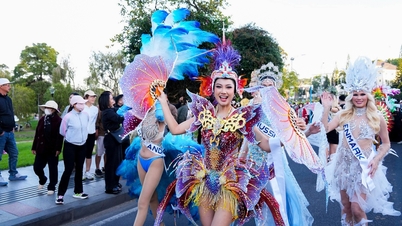






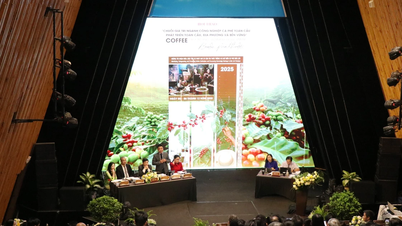








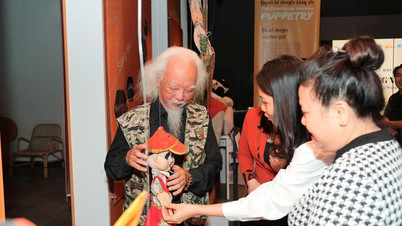
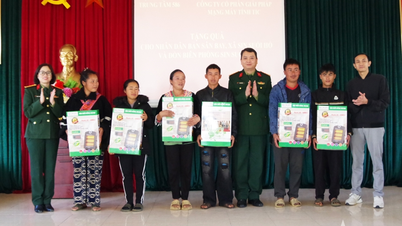

















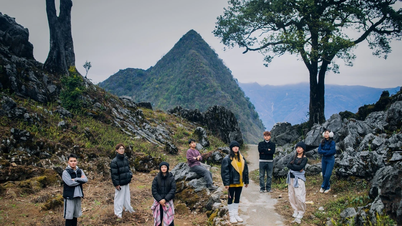










































Comment (0)